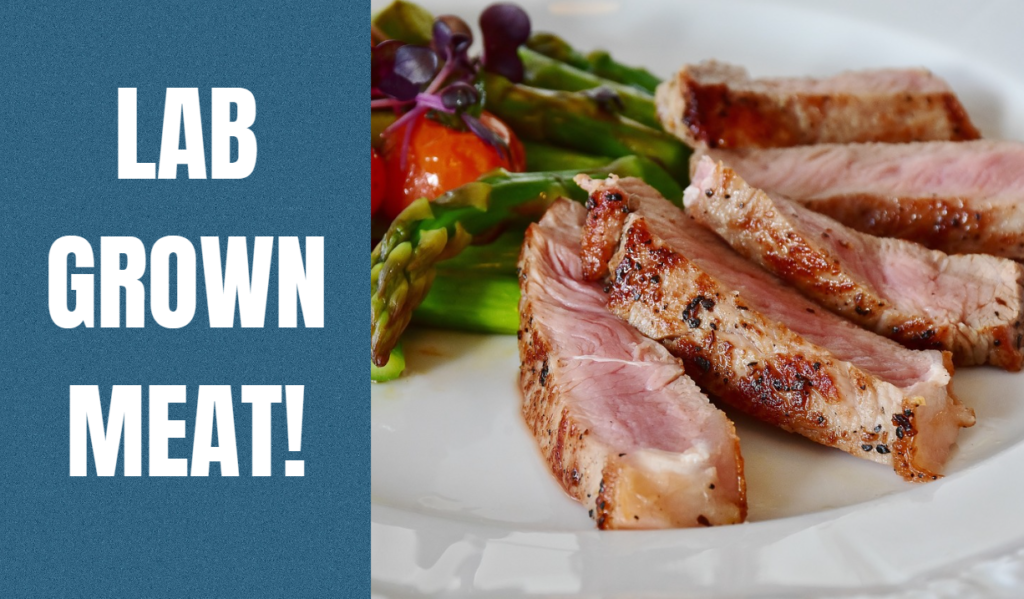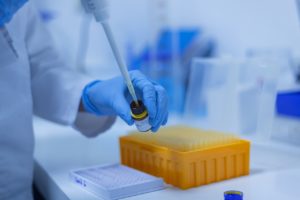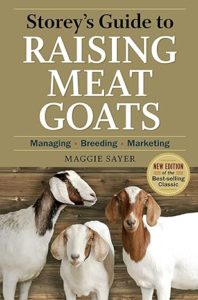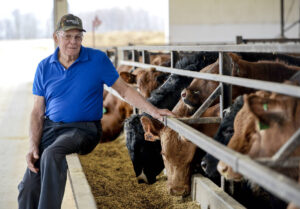
Screenshot 1837.png
If you haven’t heard. Meat is being grown in labs. In fact two companies of now been approved by the USDA to sell it (GOOD & Upside Foods). Many others are trying to produce their own product too. It’s not quite on store shelves yet. But of those that have tasted it have said it’s almost indistinguishable from the real deal. The positive aspects of lab grown meat sound promising. But when you look at the reality of the negatives it should SCARE you.
What Is “Lab Grown” Meat?
It’s called a few different things from cultivated meat, cell cultured meat, or clean meat. But it’s most commonly it’s known as lab grown meat. Not to be confused with plant-based meat which are meat substitutes. Just like it sounds, its meat grown in a lab. Specific cells are taken from animals. And with the proper concoction of oxygen, pH, and nutrients they are mixed in a vat to multiply those cells and create a meat mush. The process takes about a few weeks.
Meat mush would be gross right? So from here (depending on the company) it goes through a secret proprietary process to get the texture of real meat. Methods range from extrusion, scaffolding, and even 3D printing involved.

They’ve advertised some fantastic benefits to lab grown meat including . . .
HUMANE: No need to slaughter and abuse animals
LESS GREENHOUSE GAS EMISSIONS (FALSE)
LESS LAND USAGE
LESS WATER USAGE
Some of the bad things we know about lab grown meat include . . .
FBS: Early on in the process, cells from cow fetuses were needed to obtain FSB (growth hormone), but they’ve improved the process since. Now plant-based substitutes are used. These growth factors been shown to get into the bloodstream when consumed. What problems will that cause in the human body?
MADE OF CANCER CELLS: It’s made with cells similar to that of cancer cells. Cancer’s an ugly word so they instead call them “immortality cells”. Why use these cells? Because cancer cells grow the fastest.
ANTIBIOTICS: With no immunity in the culture of meat cells. Antibiotics are heavily used to keep the culture free of pathogens.
NO CONSUMER LABELING: They have ways to get around having to label their products as lab grown meat, so you won’t know what you’re buying. It might get labeled at first. But then after some back and forth with the courts, those labels may get removed as they argue it’s meat like anybody else’s.
NOT ENVIRONMENTALLY FRIENDLY: Currently it’s 5X’s worse for the environment than regular chicken. To feed these cells, giant mono crops need to be planted. And if you don’t know, mono crops are detrimental to the indigenous biome and can be wiped if disease comes along. It uses a lot more power, required very expensive equipment, and creates A LOT more greenhouse emissions depending on the production method.
EXPENSIVE: Currently lab grown meat is incredibly expensive verses normal meat at about 8X’s the price. Currently the most optimistic price tag is about $40 per pound.
DEVOID OF NUTRIENTS? These companies brag about their meat having a high amino acid profile. But is the appropriate profile for human consumption. They currently refuse to tell any other nutrition information. So it’s hard to say whether or not it’s got the appropriate nutrition we need.
UNKNOWN HEALTH PROBLEMS: With as bad as those things sound. It’ll likely get worse as it’s not yet known what putting this into your body is going to do. Or how nutritional it actually is.
Conclusion
I hope this post was eye opening for you. A lot is still unknown about this up and coming product. Keep an eye out. This “meat” is first being introduced into participating restaurants. Until more research is done, I think it’s not very wise to be a guinea pig and put this into your body. The news of lab grown meat and how they want to push it on consumers, further pushes me towards wanting to raise my own humanly raised meat. Unfortunately, there are forces at work doing their best to make this increasingly difficult for people to do. Hopefully they don’t get away with it. Stay informed everybody!
Recommended Products (clickable)
Sources:
Source link
2024-02-01 00:27:58
Karl Hoffman is a distinguished agriculturalist with over four decades of experience in sustainable farming practices. He holds a Ph.D. in Agronomy from Cornell University and has made significant contributions as a professor at Iowa State University. Hoffman’s groundbreaking research on integrated pest management and soil health has revolutionized modern agriculture. As a respected farm journalist, his column “Field Notes with Karl Hoffman” and his blog “The Modern Farmer” provide insightful, practical advice to a global audience. Hoffman’s work with the USDA and the United Nations FAO has enhanced food security worldwide. His awards include the USDA’s Distinguished Service Award and the World Food Prize, reflecting his profound impact on agriculture and sustainability.






Absolutely nailed it! ??